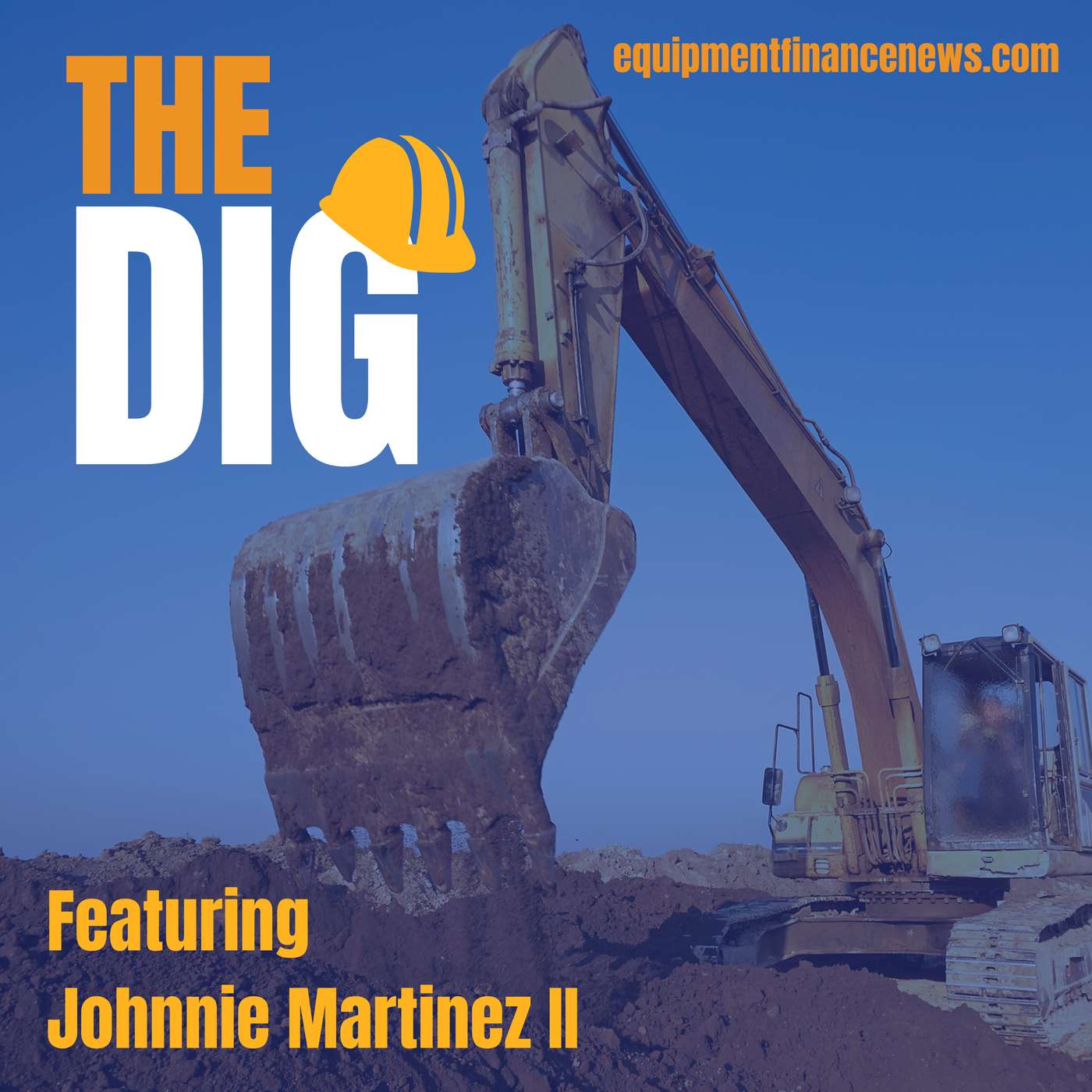 |
The DigListen in as Equipment Finance News editors interview the leaders in the industry, on both the lender and dealer sides of the table, to discuss new developments, trends, opportunities and more.. Author: Equipment Finance News
Listen in as Equipment Finance News editors interview the leaders in the industry, on both the lender and dealer sides of the table, to discuss new developments, trends, opportunities and more. Language: en Genres: Business News, News Contact email: Get it Feed URL: Get it iTunes ID: Get it |
Listen Now...
Pathward VP of Commercial Finance Rick Pierman on extending financing terms
Episode 18
Thursday, 12 February, 2026
Equipment finance borrowers are aiming to extend their financing terms as higher interest rates, inflation and tariffs drive up costs. Borrowers are looking to meet cash flow requirements by extending terms up to 84 months, Rick Pierman, vice president of commercial finance business development of equipment financier Pathward, tells Equipment Finance News during this episode of “The Dig” podcast. “Historically, something that might have been financed on a 60-month transaction might be trying to stretch to 72 or 84 months, but we'll look at that and make sure that the underlying collateral will support that extra amortization,” he says. On the plus side, the Federal Reserve’s interest rate cuts and lender interest rate reductions continue to move the market closer to previous levels, Pierman says. “The rates have come down really over the past year, and we were at such a low-rate environment through the COVID epidemic,” he says. “We're probably right at about where we were pre-COVID time frame.” Growth opportunities Pathward is also seeing growth through increased demand for financing system automation and refinancing options for high-interest-rate transactions, Pierman says. “We're seeing a lot of our end users looking to automate some of their legacy processes, and so there's capital investment going into automation,” he says. “We're also seeing a lot of refinance opportunities. We are seeing deals that were financed two to three years ago in a higher-rate environment, and they're looking to better position themselves from a cash flow perspective.”









